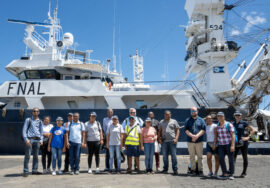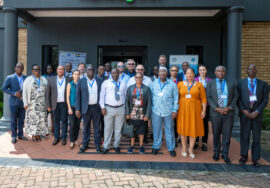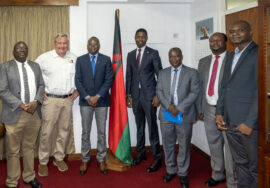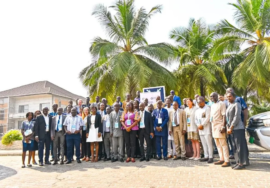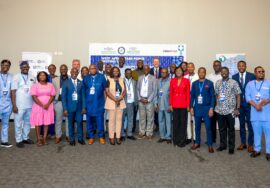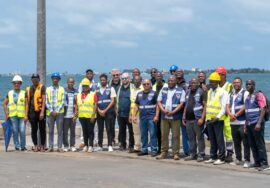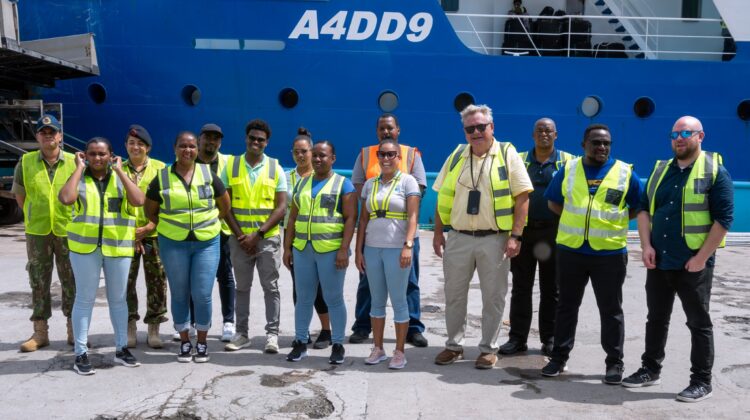
First capacity-building workshop in Seychelles through Oceans Vigilance project
January 2025 — Per Erik Bergh (CEO and Managing Director) and Andréa Durighello (Fisheries Expert) travelled to Seychelles for an initial risk assessment training as part of the project Oceans Vigilance. They were joined by Dr. Motseki Hlatshwayo, fisheries advisor at the SADC Secretariat, and Stig T Fjellberg, Senior analyst of SIF’s partner organisation TMT.
The training combined a regional and a national dimension, sensitising the participants on the importance of regional cooperation through the MCSCC to combat IUU fishing, and providing them with tools to strengthen their MCS capacities, in particular on conducting risk assessments and inspections of fishing vessels.
Whilst the primary target group of the training was MCS officers from the Seychelles Fisheries Authority (SFA), IUU fishing is complex and often involves other violations or crimes, which require cooperation of non-fisheries agencies. Therefore, for this initial workshop, SFA also invited officers from other national agencies with a role to play in combatting all dimensions of IUU fishing. The training was used to sensitise on what constitutes IUU fishing, allowing these other agencies to understand the role they can play in addressing those challenges in a holistic way.
The training also focused on giving the participants tools to better assess risks of fishing vessels before they come to operate in Seychelles water. The Seychelles is the fifth country to experiment this methodology promoted through the MCSCC. Whilst this methodology shall help to enhance national capacity to conduct risk assessment, implementing it throughout the region also contributes to a harmonisation of those procedures at the SADC level, one of the objectives of the SADC MCSCC. The integration of these tools in national processes will support other key functions such as the Regional Register of Fishing Vessels (RRFV), which is envisioned to condition access of fishing vessels to the fulfilment of criteria and conditions to be verified by the MCSCC. By supporting this process, Oceans Vigilance makes a key contribution to the operationalisation of the MCSCC

